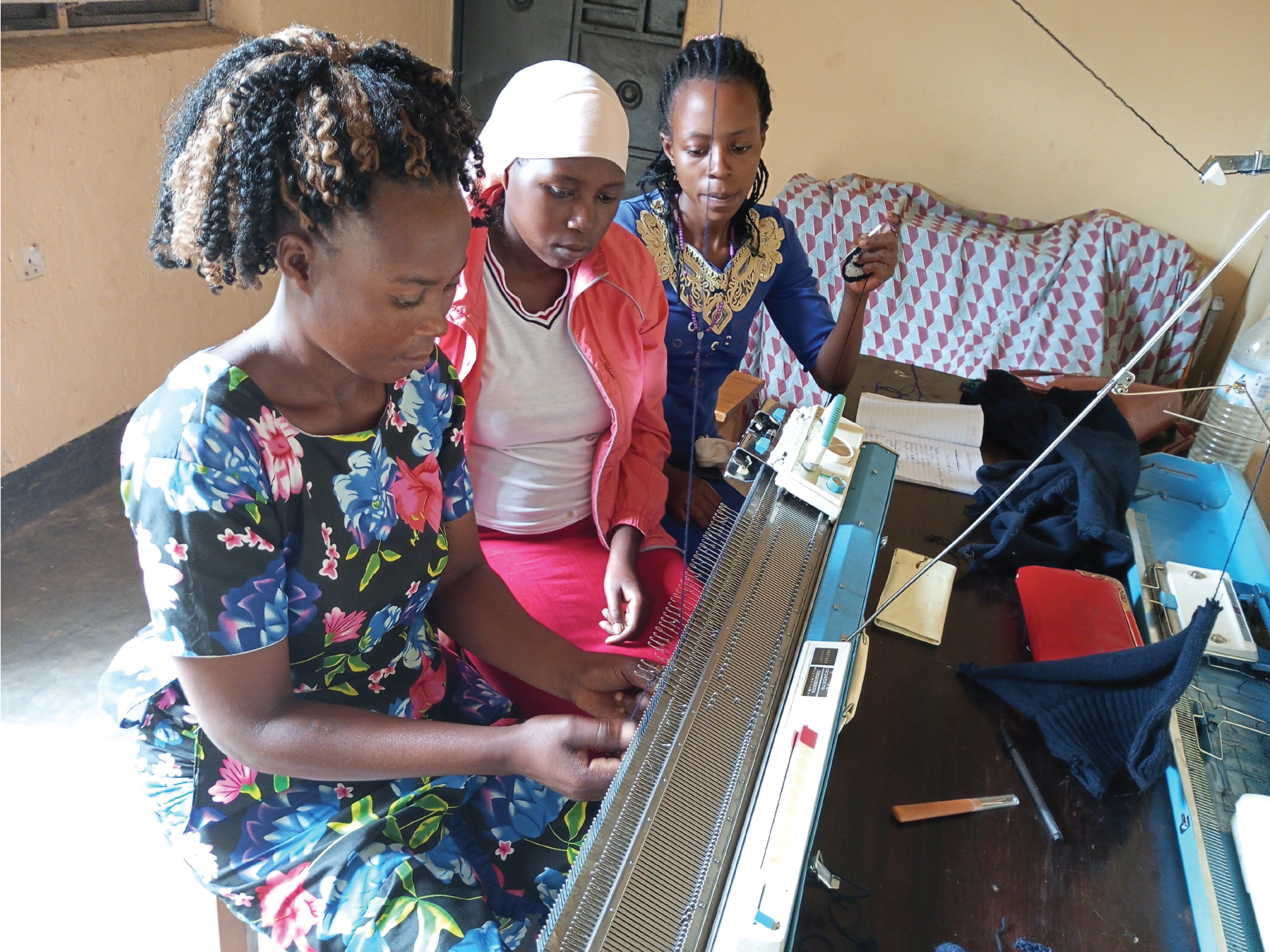

Mission
Working with communities to promote sustainable development.

Vision
Integrated Community and Sustainable Development.

Aim
The aim of AVA is to promote social justice and environmental justice
">
The aim of AVA is to promote social justice and environmental justice
AVA has found it important to refocus its objectives to be promotion of social and environmental justice.
The African Volunteers Association (AVA) is a non-profit making civil society organisation which was registered in Uganda in 2001 as a private company limited by guarantee without capital share.

">
AVA was aiming at promoting coexistence between humans and plant biodiversity.
A model on such existence has been developed and a soft copy of this can be sent on request.
We also documented the plant species that are still abundant, those which are declining, and those which are extirpated, that is missing in a given area but most probably available in another. From that grant, we also established a nursery bed. A database has been developed on this and can be accessed by registering online clicking the button below.
Through its different engagements and activities, AVA has acquired expertise and experience in:
- Managing the environment, especially in the promotion of plant biodiversity
- Promoting use of traditional medicine
- Revalorising use of African science and knowledge
- Training and skilling the youths in different areas
- Community engagement and education especially to promote health and wellness
- Research in plant biodiversity and conservation in relation management of the environment and food security
- Promotion of the Sustainable Development Goals in general

Latest Projects
Fairspin Revisao
Fairspin Revisao Fairspin casino é um dos criptocasinos disponíveis para os apostadores em...
Your AI Chatbot for Smart Conversations.
The Evolution of Smart Chatbots: Enhancing User Experience It can be built to...
What is Machine Learning? Guide, Definition and Examples
Machine Learning: Algorithms, Real-World Applications and Research Directions SN Computer Science In a...
The History of Artificial Intelligence Science in the News
The History of Artificial Intelligence from the 1950s to Today The visualization shows...
The Right AI: Generative, Conversational, and Predictive AI for Business
Conversational AI vs Generative AI: A Comprehensive Comparison The upgrade gave users GPT-4...
Benefits of AI Chatbots for Businesses & Customers
Benefits and Barriers of Chatbot Use in Education Technology and the Curriculum: Summer...
THE CONCEPT AND OPERATIONALISATION OF VOLUNTARISM
It is important that we explain what it means to be a volunteer since AVA is grounded in the concept of being and acting as a volunteer because voluntarism is a concept which is easily misunderstood in the world of today dominated by the idea of remuneration, profit making, lucrative undertakings etc. All these are not bad in themselves, but the founders of AVA realised that these have their own limits. Voluntarism should not be taken to mean simply working without being paid or rewarded. This is one aspect of it; for AVA this is not the essence of voluntarism. In fact, members of AVA, in addition to what is expected from them are asked to share what they are and have with others. The members of Board of Directors contribute their time and expertise: the members of the Board of Directors are not paid. Those who enrol as members of AVA are also asked to contribute their time and expertise for the services of AVA.

For us being a volunteer also means looking for means to be in solidarity with others, especially the most vulnerable. Therefore, being a volunteers, is not just an idea: it is a serious ethical commitment to look for means to remove what dehumanises others, that is, all that takes away or diminishes our humanity, including our human dignity and identity. In this sense voluntarism takes us beyond the frontiers of calculated rendering and paying back. We realised that we are not necessarily better than those who might not have been as lucky as we have been. We also realised that all of us, who we are or what we have, comes from what so many people known, and sometimes unknown, have contributed towards our lives. What we are and what we have therefore does not always come from what we deserve or from what we have invested in through our personal efforts. Voluntarism for us is not only a commitment to work for human justice. Nowadays it must include a component of promoting environmental justice since humans can only live and survive if we respect and promote what sustains ecosystems, namely living (biotic) things, of which humans are a component, and nonliving (abiotic) things. In this system there must be mutual and beneficial interdependence and interconnectedness.
